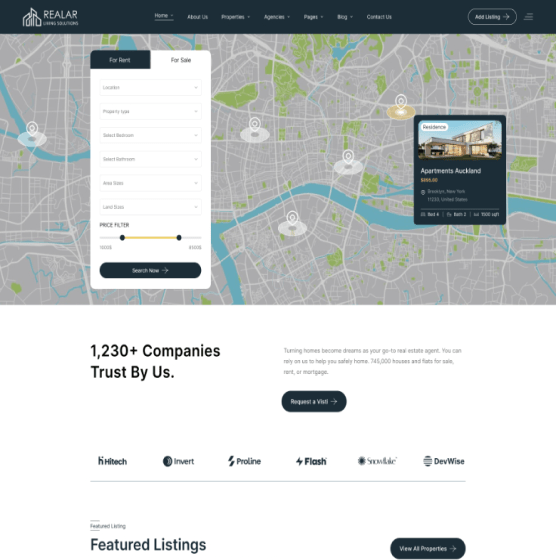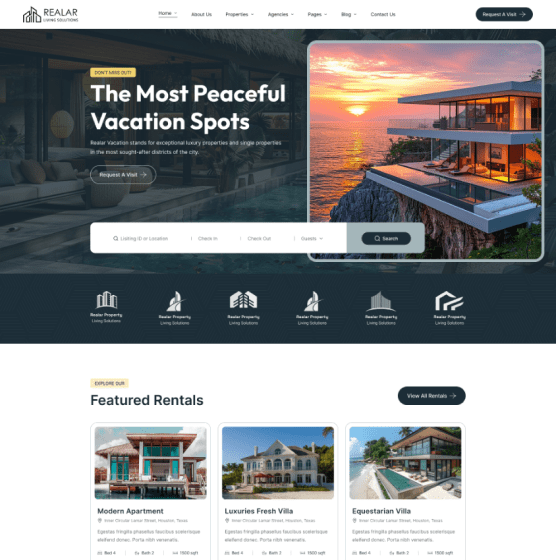The Truth About Property Budgeting What You Need to Know
Welcome to Finance 101! If you’re embarking on an agentless property journey, understanding property budgeting is your first step towards financial empowerment. This will guide you through the essentials of budgeting for real estate and help you navigate your financial planning with ease. It’s time to learn not just about numbers but also about building a secure future!
Understanding Property Budgeting
When we talk about property budgeting, we’re essentially discussing a blueprint for your financial journey in real estate. It helps you track your income and expenses, ensuring that you can afford your future investments and expenses without financial strain. For anyone serious about budgeting for real estate, this means being aware of various costs involved along the way.
Why Is Property Budgeting Important?
- Sets Clear Goals Clearly outlines what you can afford.
- Avoids Debt Helps you avoid overspending that can lead to debt.
- Promotes Financial Literacy Educates you on various financial aspects.
- Encourages Saving Creates a clear path for savings.
Key Components of Property Budgeting
To successfully budget for your agentless property journey, consider the following
1. Income
Your gross income serves as the foundation for your property budgeting. Include all streams of income such as salaries, rental income from existing properties, and any additional earnings. Remember, accurate reporting ensures you do not underestimate how much you can allocate.
2. Fixed Expenses
These are your unavoidable expenses that remain constant each month. They may include
- Mortgage or rent payments
- Insurance costs
- Property taxes
3. Variable Expenses
These expenses can fluctuate and may include
- Utility bills
- Maintenance costs
- Home improvement projects
4. Savings and Investments
Always allocate a portion of your income towards savings and future investments. This gives you more flexibility and security to explore additional opportunities in real estate.
Creating a Realistic Budget
Now that you have your components listed, it’s time to create a workable budget. Consider these steps
- List All Sources of Income Be thorough in compiling various income streams.
- Calculate Total Income Add everything up to know what you have to work with.
- Identify Fixed and Variable Expenses Categorize your expenses to get a clear picture.
- Set Savings Goals Decide how much you want to save each month.
- Review and Adjust Regularly check your budget and make adjustments as necessary.
Tools for Effective Budgeting
Utilizing the right tools can significantly enhance your financial planning as a buyer. Here are some popular options
- Budgeting Apps Apps like Mint or YNAB help you track spending and stay organized.
- Spreadsheets Custom spreadsheets provide flexibility in tracking income and expenses.
- Financial Calculators These tools can assist with planning mortgage payments and ROI calculations.
Common Mistakes to Avoid in Property Budgeting
Even with the best intentions, mistakes can occur. Here are some pitfalls to watch out for
- Ignoring Miscellaneous Expenses Don’t forget small costs that can add up over time.
- Overestimating Future Income Stay realistic about income projections.
- Not Planning for Emergencies Always have a contingency fund.
Budgeting for Real Estate Investments
Once you have established a solid budgeting foundation, consider how you can apply these principles to real estate investments. Here are some focused tips
1. Analyze Potential Investments
Evaluate properties based on cash flow and potential appreciation. Use your budget to assess whether new investments fit within your financial plan.
2. Factor in All Costs
When planning your finances, consider acquisition costs, ongoing operating expenses, and expected return on investment.
3. Keep a Long-Term Perspective
Budgeting should involve both short-term strategies for immediate needs and long-term strategies for future financial goals.
The Psychological Side of Budgeting
Budgeting isn’t only a numbers game; it also affects our emotions. Understanding common psychological barriers can help improve your budgeting practices
- Fear of Missing Out You might hesitate to invest due to fear that you’ll miss out on other opportunities.
- Perfectionism Aiming for a perfect budget can lead to procrastination procrastination.
- Short-Term Thinking Focus not just on immediate gains, but on long-term financial growth.
Conclusion
As you embark on your agentless property journey, remember that property budgeting is not just a task, but a vital component of financial success. With proper planning, you will be empowered to take control of your finances, make informed decisions, and secure a brighter future.
Start your budgeting journey today! For more insights and resources, visit Agentless Deals.
‘ Start your agentless property journey today with smart budgeting! Visit us at https//agentlessdeals.com.










